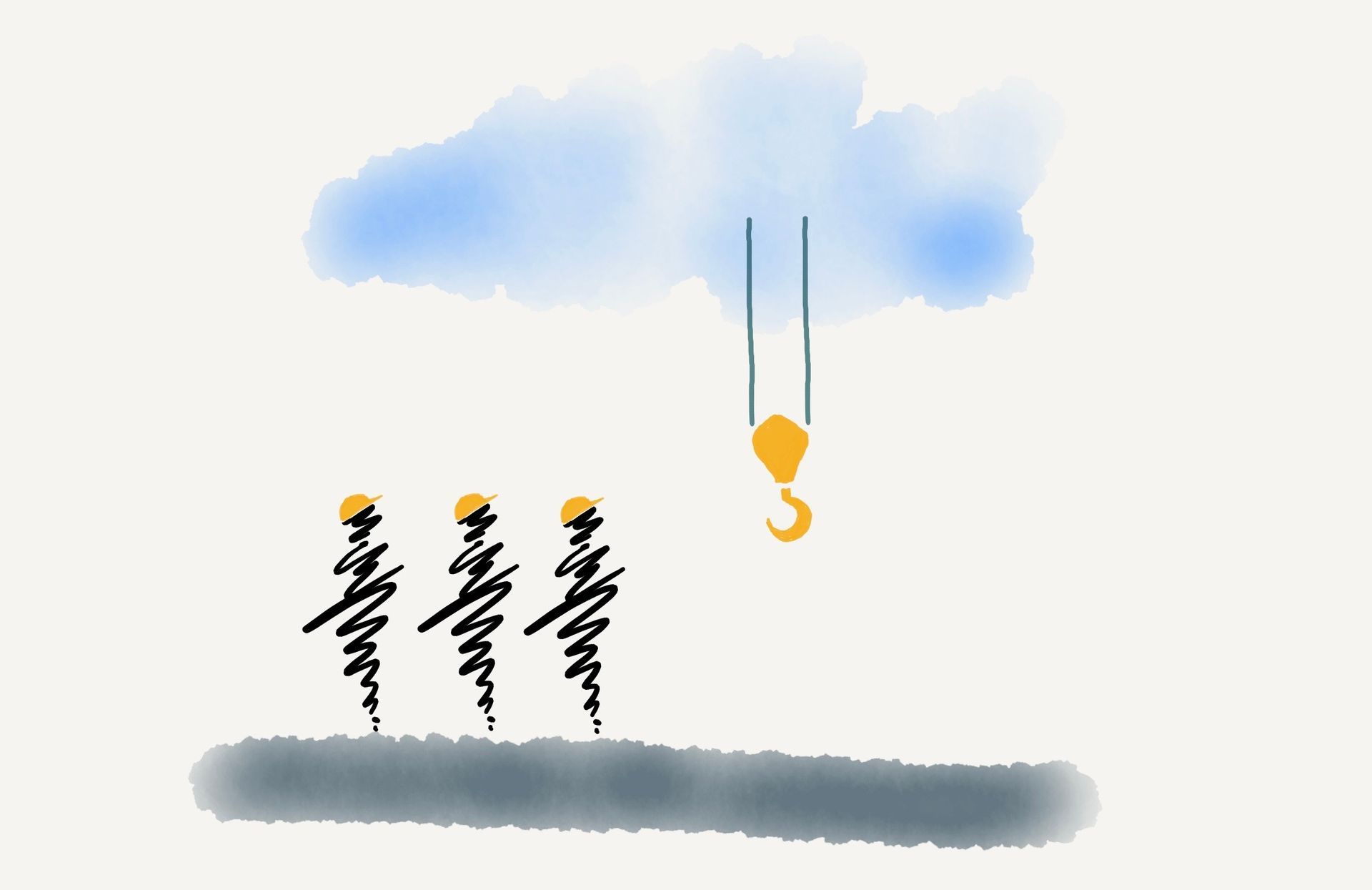The wrong side of complexity: The National Infrastructure Commission's Design Principles
"For the simplicity that lies this side of complexity, I would not give a fig, but for the simplicity that lies on the other side of complexity, I would give my life." F. Oliver Wendell Holmes, Supreme Court Justice
"Principles are the simplicity on the far side of complexity."
Stephen R. Covey
I don’t think that the NIC's list are Principles. Instead they are 'customer requirements' as defined under Atkins Design Principle 1, and their relevance and emphasis changes from project to project (just like Principles don't). Yes, it is very important that that our finished infrastructure respects and delivers these four words, but saying they are the 'Design Principles' feels a bit like the word Design just got hijacked by some Architects.
I think a set of Principles that define how design should be carried out is vital. If you have followed the news coming out of the Grenfell enquiry you can see a process that has been pulled apart over the years to the point where our industry has been regularly delivering projects with gaps, overspend, technical errors and under-performance. It is clear that the process and management of design needs be talked about, debated, taught and better defined.
Climate, people, places and value are all very important but listing them won't actually help us deliver what the future needs. I think we need to recognise and embrace some much more mundane Design Principles that will actually realise projects with those four words as central requirements.
Of course, the word 'Design' itself is central to the problem. The NIC want to define it one way. I want to define it another. Even in my grumpy state at the end of the webinar I was charmed by Hanif Kara's presentation. He quoted John Heskett: "Design is to design a design to produce a design". The word is appallingly ambiguous!
We are all trying to nail a jelly to a wall, and it is very important that it sticks.





